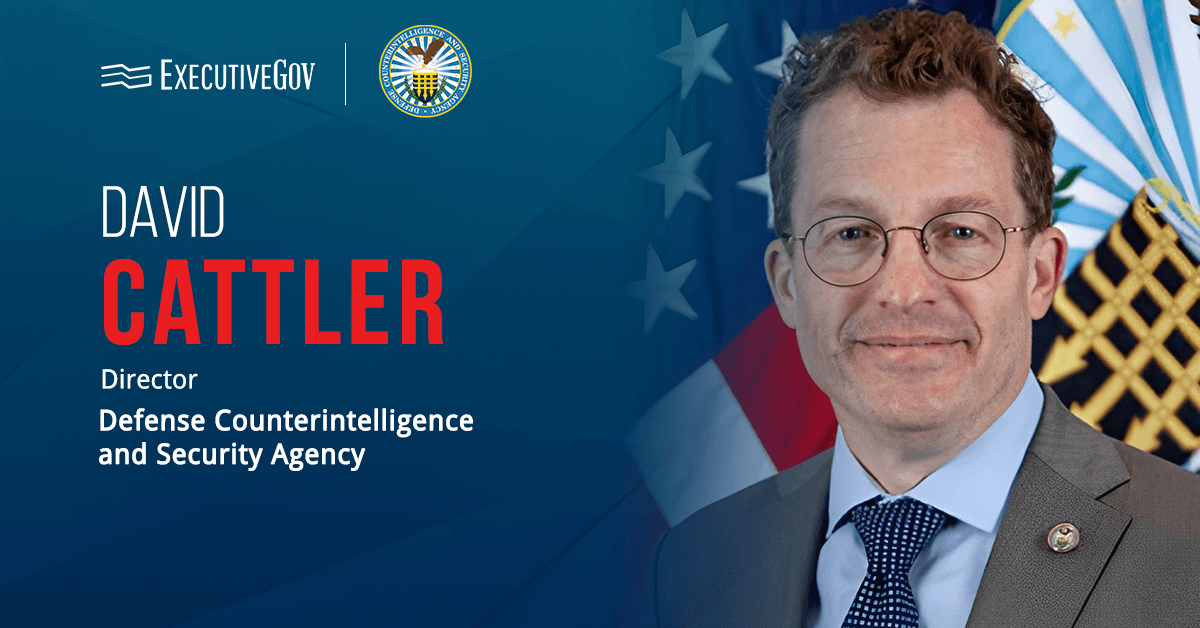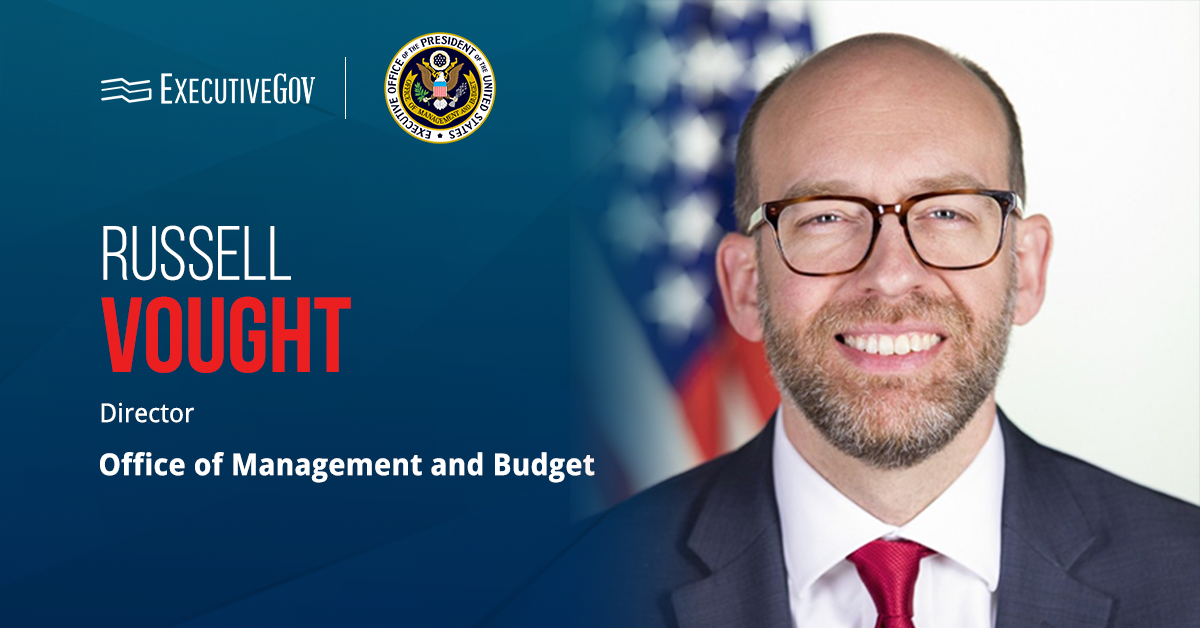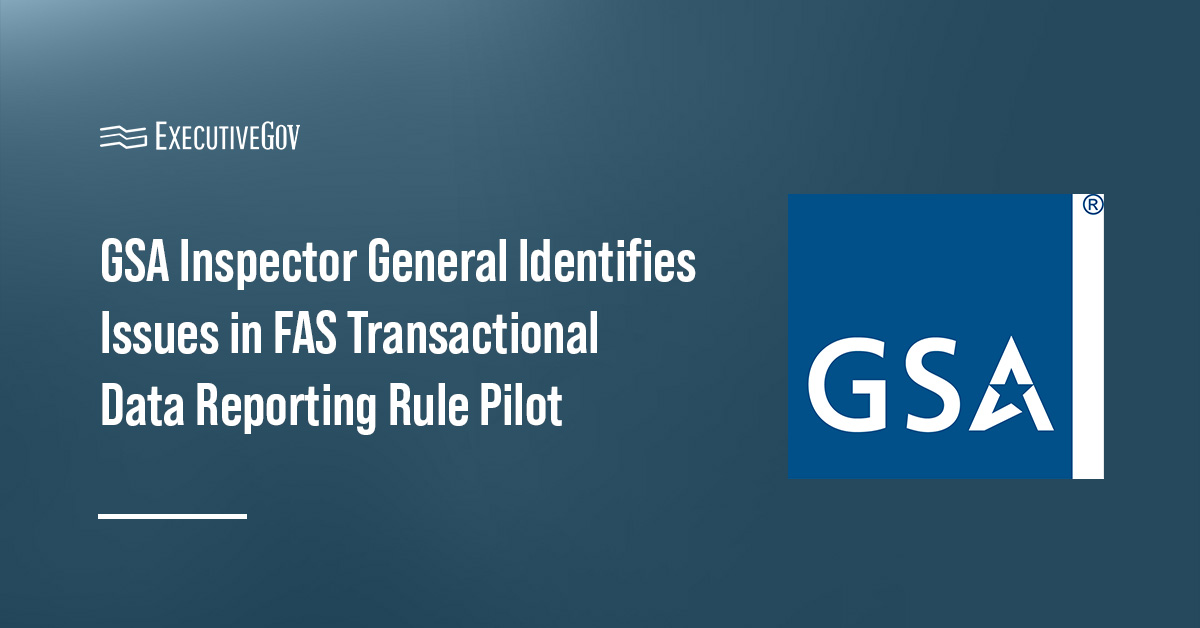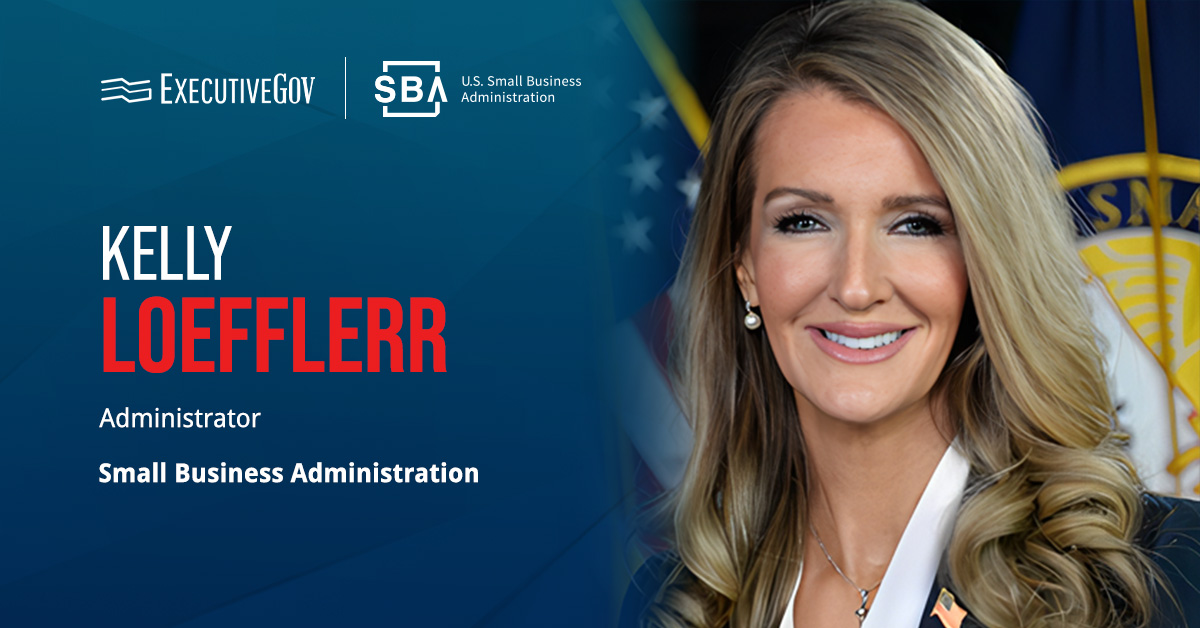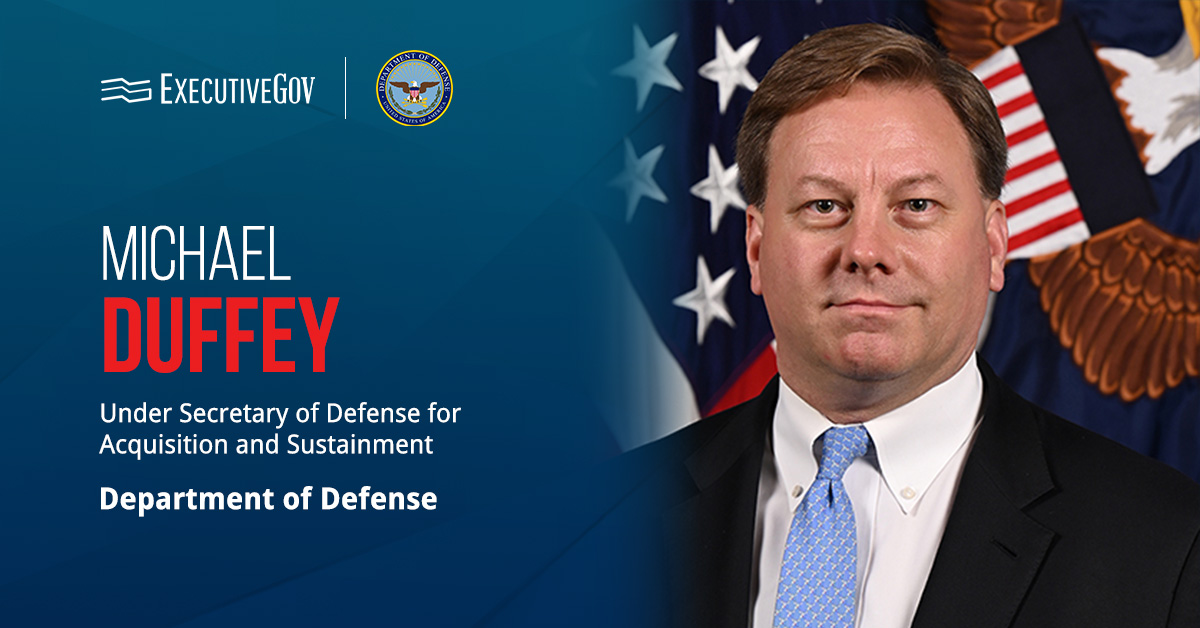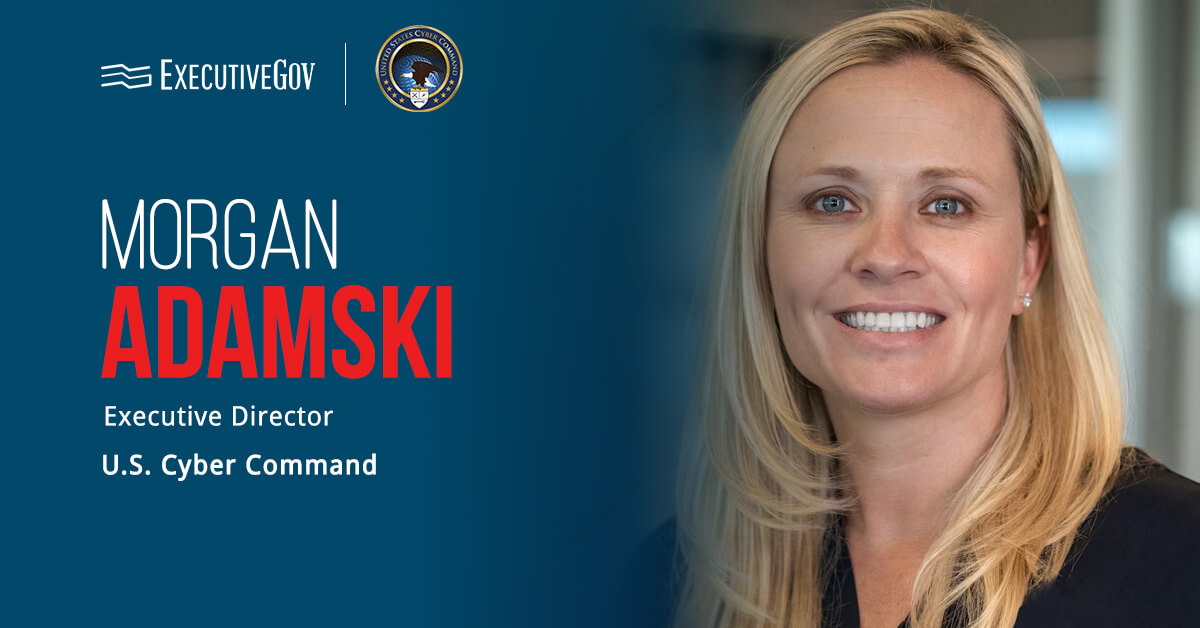The Space Development Agency has issued a request for proposals, under an other transaction solicitation, for the Tranche 2 Demonstration and Experimentation System, or T2DES, Europa Program.
According to the notice posted on SAM.gov Tuesday, interested prime contractors included in the Hybrid Acquisition of Low-Earth Orbit, or HALO, pool can send their proposals for the Europa program until July 28.
What Is the Europa Program?
The Europa program is a demonstration effort by SDA that will be integrated into the T2DES. It aims to demonstrate technologies and methodologies refined through the program that could be incorporated into the Proliferated Warfighter Space Architecture, or PWSA.
Join the 2025 Air and Space Summit on July 31 to learn about the latest initiatives to strengthen air and space defense, such as the Europa Program.
SDA intends to implement a two-phase down-select with two distinct opportunity tracks. The first track invites proposals for a two-space vehicle demonstration that is anticipated to be developed and tested 12 to 18 months before launch and spend one year in orbit for testing. The second track involves seeking proposals for commercial technologies that comply with Europa’s objectives. This includes six months of on-orbit demonstrations, commencing within three to six months of contract award.




